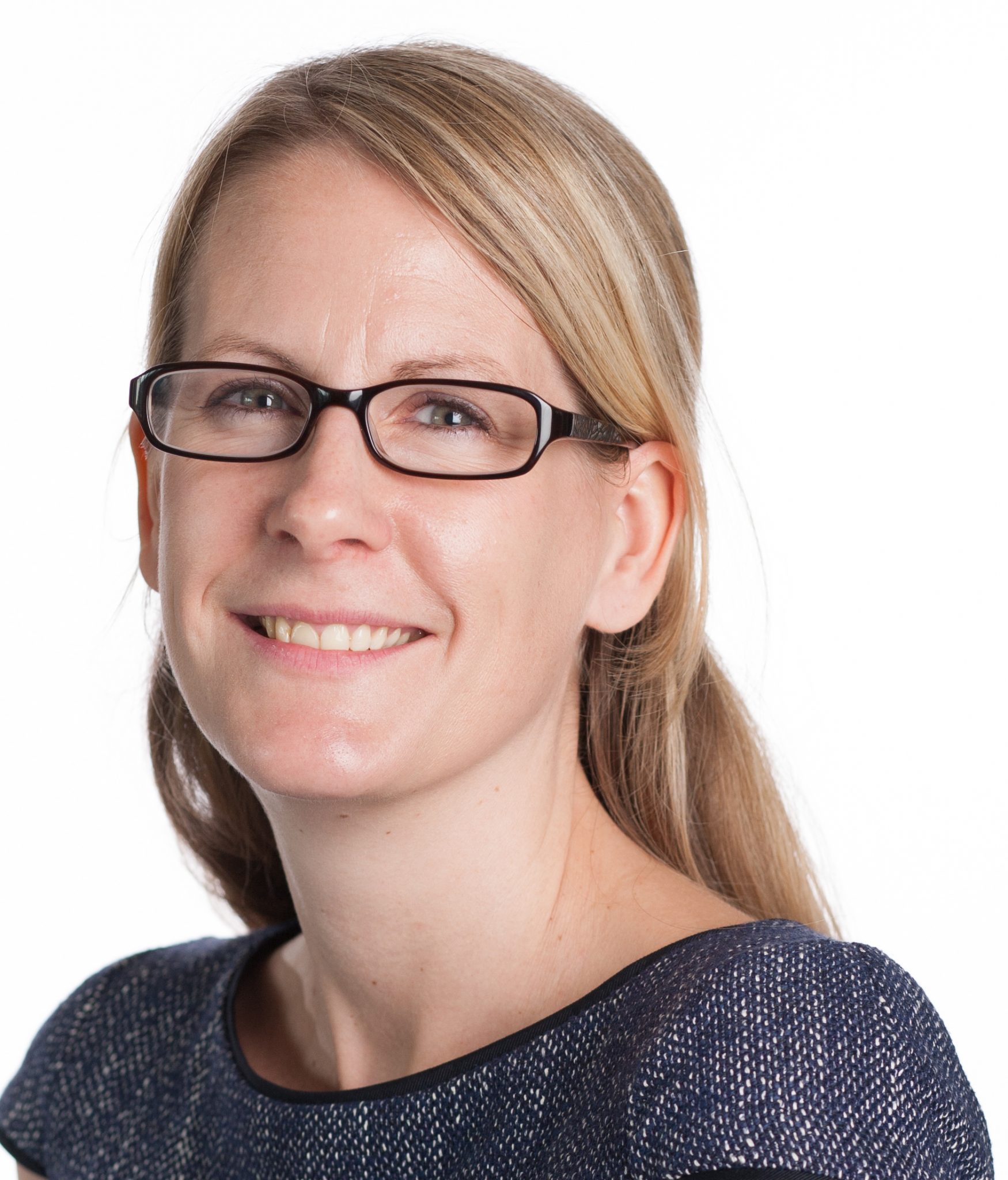Crowdfunding and community share offers are becoming more important as sources of finance, fuelled by the rise of social media and new ideas around the sharing economy.
But these offers do not work unless the message goes out – which has given rise to a series of marketing initiatives which range from widespread social media campaigns to targeted messages to established investors.
Among the organisations leading the way on community share offers is sustainable banking specialist Triodos, which earlier this year launched a UK crowdfunding platform.
Triodos has also just launched a £4m bond issue for Burnham and Weston Energy, one of the largest community-owned solar farms in the UK.
Whitni Thomas, senior investor relations manager at Triodos, says the first step to successfully marketing an offer is to consider the organisation itself, and its business model. “We spend from 18 months to two years working with an organisation – getting to know them and understand their business model.”
The first question is whether or not repayable capital an appropriate model – and if so, who are the best investors?
“What we find more and more is we are able to find offers that are suitable to ordinary investors,” she says. “We’ve been raising capital from professional investors, or everyday mainstream investors, for over a decade now. And at the end of January we have made all our investment opportunities available through our crowdfunding programme.”
Related: How to grow the co-op energy sector by buying up existing assets
Triodos has worked with some community benefit societies and community interest companies, and in 2015 helped Shelwood Community Energy in a multi-million pound fundraiser. It is now experimenting with a new model for community energy. Instead of structuring as a community benefit society using withdrawable shares, Triodos suggests structuring the investment as a long-term bond – which is eligible for innovative finance ISA.
This can hold peer-to-peer loans and crowdfunded securities, and allows the HMRC and the Treasury to recognise this method of channeling funds to SMEs. And it enables savers and investors to put the bond in an ISA, says Whitni. The risks mean the investment would not be suitable for a traditional stocks and shares ISA.

Such methods make bonds more attractive to investors, an important consideration when marketing an offer. But for a sustainable bank seeking ethical investors, there are other considerations.
“For community-owned energy, the project must repay investors but we also want to make sure a meaningful amount of benefit is derived for community,” says Whitni.
In terms of selecting a marketing approach, it depends on how much a needs to be raised, says Whitni.
“Renewable energy tends to be a multi-million pound proposition and that is why these companies come to us. They recognise they can’t raise that just through the grassroots approach.
“You need a three-pronged approach. There’s the grassroots channels, you spread the word, and get early investment from people in the local community. But we work through our platform and our community of investors, and find more sizeable investments from institutional sources. The last two is what we bring.”
For smaller community projects that only require £300,000 or £400,000, Whitni says: “It is easier for those organisations to do it in a grassroots way, in its community and the surrounding area.” And in more wealthy areas, more can be raised, she adds – another consideration to bear in mind when presenting an offer.
But “there’s no secret sauce” to the marketing process, she adds. “It’s just doing what we do. I guess the advantages have with our team is that we are a bank, with a public relations and communications team.
“We have a promotions budget but we don’t need to pay for advertising – we rely on a community of investors and we spread the word that way. With every new offer we try to look for an interesting angle, to spread the word and generate some interest.”
Triodos does this through the now tried-and-tested social media platforms such as Facebook and Linkedin. “You’re never going to see us on the side of a bus,” adds Whitni. “We do it through Facebook posts, it’s quite low-key, and we don’t tend to really promote or advertise specific investment offers.
“We just try to build brand awareness of the bank as a go-to place for where their money is going.
“What we are finding – which is satisfying – is that a meaningful percentage of people who have signed up are new to Triodos bank.”
Whitni Thomas’ tips on marketing a share offer through social media
Be very careful not to lead on financial performance – it’s not appropriate for social media, where you don’t have enough space to accurately balance the claims you make in terms of financial performance with the risk.
Lead on impact The way we do it with tweets and short-form posts is to focus on what an energy organisation is going to do, how much energy it’s going to generate. The impact side is the pull.
Tickle someone’s interest You can’t distill whole offers – you are trying to direct them to a web page where you can get the information. So you talk about the organsation, you say ‘they are raising capital – come and have a look‘
Emphasise the community aspect It’s about being part of something – a lot of the language we see is ‘join up’, ‘be part of this’. It’s that sense of belonging that tends to play on social media.